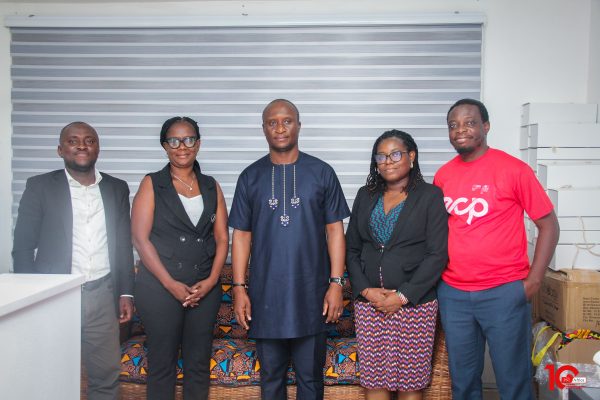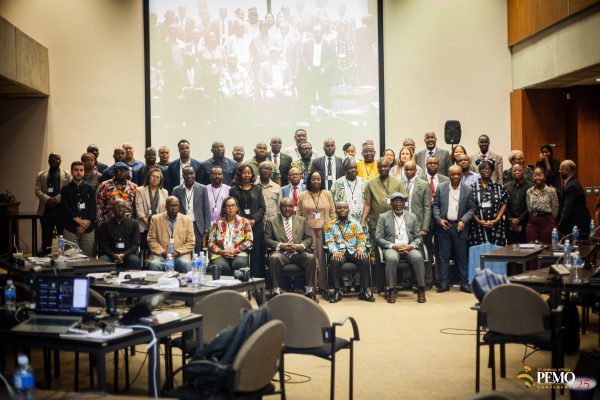Private Sector Steps Up: Heeding the Call to Action for Compliance with Ghana’s Affirmative Action Act 1121
By Joana Oppong
On 6th August 2025, Parliamentary Network Africa (PNAfrica) convened a focused stakeholder workshop at the Coconut Grove Regency Hotel, bringing together 15 representatives from Ghana’s banking sector, auto manufacturing and sales industry, and civil society organizations to discuss the implementation of the Affirmative Action (Equity) Act, 2024 (Act 1121).
The landmark law, passed in July 2024, mandates a minimum of 30% representation of women in appointive decision-making positions across public and private sectors. It also requires institutions to prepare and submit Gender Equity Compliance Plans (GECPs) to align with the new legal framework.
Opening the technical sessions, Hon. Helen Ntoso, Member of Parliament of Krachi-West and Chair of Parliament’s Gender Committee, delivered a compelling presentation on the legislative journey of Act 1121. She highlighted the years of advocacy, negotiation, and persistent effort from both lawmakers and civil society that culminated in the passage of the Act.
“This law represents years of collective struggle. Now it’s time for institutions to take ownership of gender equity,” she said.
Participants engaged in an in-depth review of the Act’s provisions, facilitated by Benjamin Tachie Antiedu, Head of the Legislation Office in Parliament, and Isaac Mensah, Programme Officer at the Ministry of Gender, Children and Social Protection. Discussions centered on compliance expectations, sector-specific challenges, and practical steps toward institutional readiness.
A breakout session invited participants to reflect on what they would like to see in their organizational gender policies. Recommendations included leadership quotas, transparent recruitment processes, gender-sensitive workplace environments, annual gender audits, and dedicated budgets for equity initiatives.
For the private sector, the workshop underscored that compliance is not merely about meeting statutory requirements, it is about embedding equity into corporate culture. Banking executives, automotive industry representatives, and civil society representatives alike acknowledged the need for intentional policy reforms and resource allocation to achieve the 30% benchmark.
As PNAfrica’s Programme Officer, Joana Oppong, noted in her opening remarks, “This Act is not just a legal tool, it is a vehicle for correcting systemic inequity. We must move from compliance to transformation.”
With Act 1121 now in force, the call to action for the private sector is clear: compliance is mandatory, but leadership in advancing gender equity is a strategic imperative. The workshop closed with a shared commitment among participants to begin or recommend internal reviews of their gender policies in readiness for the Ministry’s forthcoming compliance guidelines.





